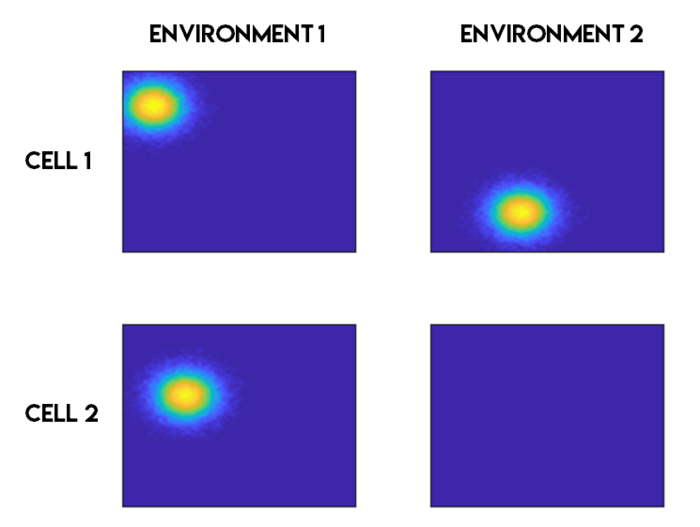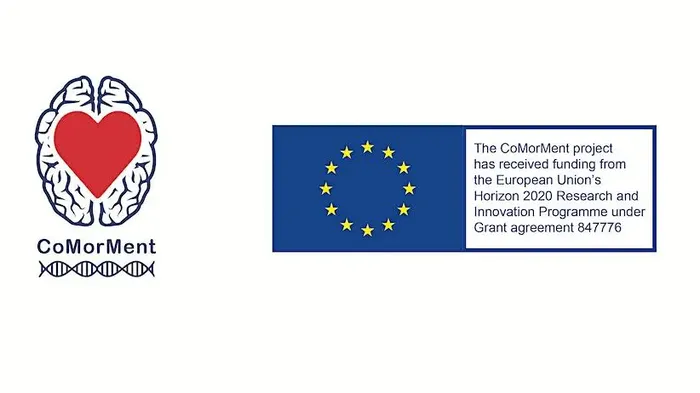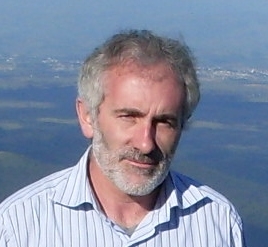Tidligere arrangementer - Side 47
Department seminar. Kai Liu is an Associate Professor at the Faculty of Economics, University of Cambridge. He will present the paper: "Understanding Program Complementarities: Estimating the Dynamic Effects of Head Start with Multiple Alternatives" (written with Marc K. Chan Antonio and Dalla-Zuanna).
Benjamin Donald Smith is a PhD candidate at the Centre for Technology, Innovation and Culture (TIK). This seminar marks his midway evaluation.
Department seminar. Ingrid Mikkelsen Semb is a Lecturer at the Department of Economics, University of Oslo. She will present the paper: "Evaluating affirmative action when college applications are endogenous."
Hans Arnold Winther, Institute of Theoretical Astrophysics, University of Oslo.
Department seminar. Lee Fleming is a Professor at UC Berkeley. He will present a paper: "Isolating the inter-personal mechanisms of absorptive capacity" (written with Benjamin Balsmeier and Sonja Lück).
Department seminar. Laura Derksen is a researcher at the Ragnar Frisch Centre for Economic Research in Oslo. She will present the paper: "Who Knows? The Effect of Information Access on Social Network Centrality" (written with Pedro CL Souza).
Markus Spitzweck (Universit?t Osnabrück) will present the talk ?Representation categories and motives?.
This seminar will consist of two separate presentations, each about 15-minute long.
1) Magnetic Quincke Rollers with tunable single particle dynamics and collective states
2) Electrically controllable ferrofluids
Unfortunately, the seminar by Olli Hyv?rinen, AQUA, IBV, is cancelled.
We further discuss the generalization of these results to compact operators in L2, and explain how they can be used to both describe the out-performance of smooth spline approximations of solutions to differential equations when compared to classical finite element methods, and to solve the outlier-problem in isogeometric analysis.
This talk is based on work done in collaboration with Michael Floater, Carla Manni and Hendrik Speleers.
Department seminar. Anders Humlum is an Assistant Professor of Economics at the Booth School of Business, University of Chicago. He will present the paper: "Changing Tracks: Does Reskilling Help Disabled Workers Back to Work?" (written with Jakob R. Munch and Pernille Plato).
The Section 4 seminar for the Spring of 2023 will be held on Wednesdays at 10:15–12:00 (see the schedule)
C*-algebra seminar talk by John Quigg (Arizona State University)
By Mathieu Lutier, AQUA, IBV
I will discuss some of our recent results on active chiral and nematic membranes. The chiral stresses we consider give rise to a novel form of odd elasticity. To outline this phenomenology I will give explicit calculations outlining spontaneous flow transitions and shape instabilities. I will discuss the relevance of these results in developmental biology and their relation to active nematics, in particular how certain limits of active nematic membranes can reduce to a theory of an isotropic membrane with an active stress defined by the deviatoric part of the shape operator.
Department seminar. Kyle Herkenhoff is a Senior Economist at the Federal Reserve Bank of Minneapolis and an Associate Professor at the University of Minnesota. He will present the paper: "Intergenerational Mobility and Credit" (written with J. Carter Braxton, Nisha Chikhale, and Gordon Phillips).
Welcome to seminar by Mikkel Elle Lepper?d (Researcher, Cinpla Group, FYSCELL, IBV).
Find out how CoMorMent's research on the links between mental and physical health can be translated into clinical practice at this webinar.
C*-algebra seminar talk by Roberto Conti (Sapienza University of Rome)
Department seminar. Fernando Stipanicic Márquez is
a Postdoctoral Researcher at Haas School of Business, University of California at Berkeley. He will present the paper: "The Creation and Diffusion of Knowledge: Evidence from the Jet Age" (written with Stefan Pauly).
By Sara Goodacre from the University of Nottingham, UK
In this talk, Linn Iren Sj?nes R?dvand presents data from the underdescribed Austronesian language Patani.
Luca Amendola, Institut für Theoretische Physik, Heidelberg University.



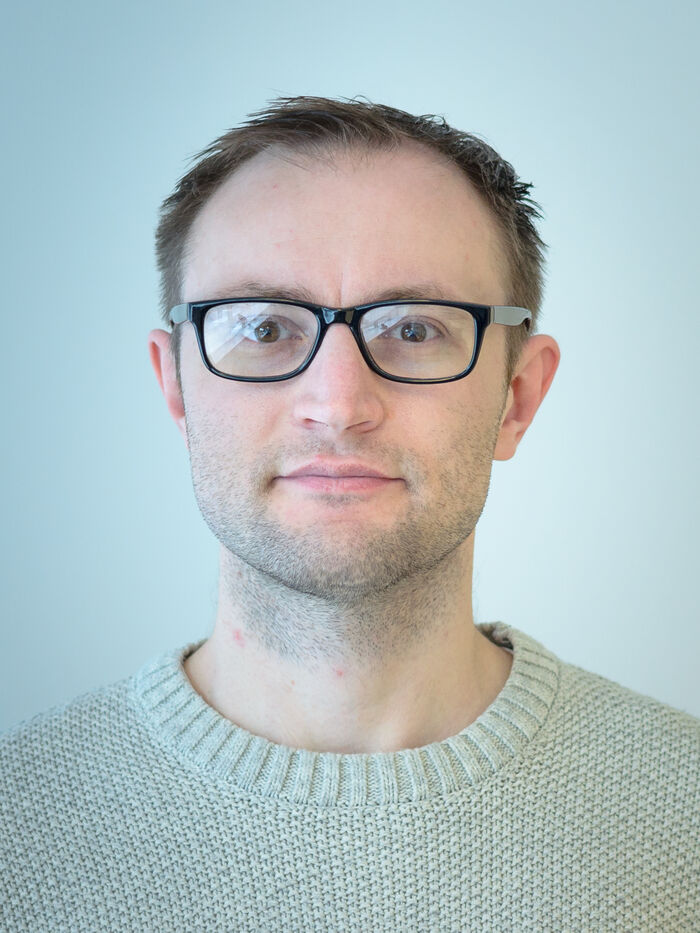


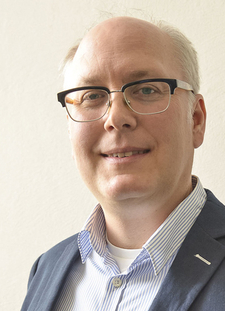
/2023/jaakotimonen.webp?alt=listing)
/2023/sande.jpg?alt=listing)

/2023/samializzi.jpg?alt=listing)

